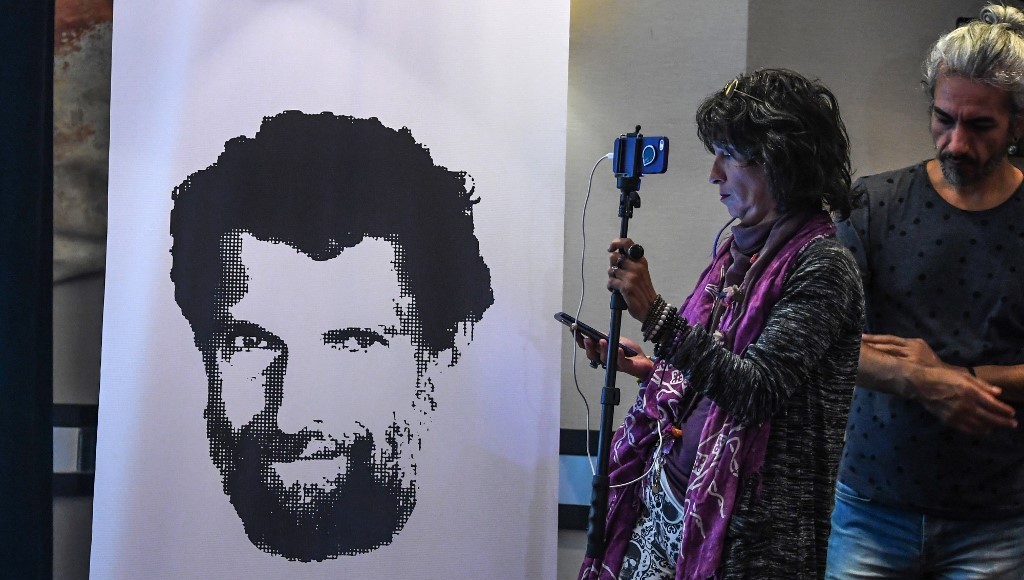Turkey’s Constitutional Court has ruled by a majority vote that Turkish philanthropist and activist Osman Kavala’s detention has not violated his right to liberty and security, a decision that came after Kavala spent more than three years behind bars without a conviction, the state-run Anadolu news agency reported on Tuesday.
Kavala, 63, had applied to the top court earlier this year claiming his detention was unlawful as it violated the right to liberty and security guaranteed in Article 19 of the Turkish Constitution.
However, the court’s general assembly ruled by eight votes to seven that it did not amount to a violation, Anadolu said.
In May 2019 the Constitutional Court rejected by 10 votes to five another appeal submitted by the activist in 2017 in which he argued that his right to liberty and security had been violated as the detention had been unlawful, he had been barred from accessing the case file and he was taken into custody without a court decision.
After his detention on Oct. 18, 2017 on accusations of orchestrating and financing the Gezi Park protests in İstanbul in 2013, Kavala was arrested on Nov. 1 on charges of “attempting to overthrow the constitutional order” and “attempting to overthrow the government.”
Although he was acquitted of these charges in mid-February, he was rearrested the same day on charges related to a 2016 abortive putsch in Turkey in a move described by his lawyers as a tactic to circumvent a European Court of Human Rights (ECtHR) ruling, which said on Dec. 10, 2019 that Kavala’s long pretrial detention was a violation of his rights.
The philanthropist is currently on trial for charges that include “attempting to overthrow the constitutional order” and “obtaining confidential information of the state for political or military espionage.”
He will be sentenced to life in prison if convicted of trying to overthrow the constitutional order, and the espionage charge carries an additional 20 years.
Kavala was remanded into custody at the first hearing of the trial on the latest charges, which was held at an İstanbul court in mid-December and described by Human Rights Watch (HRW) as a “show trial” that silences dissent.
Detention of the activist points to political pressure on Turkey’s judiciary, many critics say, emphasizing that the judiciary has been bent on punishing thousands of the government’s perceived opponents since 2016, while President Recep Tayyip Erdoğan’s ruling Justice and Development Party (AKP) claims the courts are independent and that it has acted in the face of threats to the country.
Although pledges for reform made by Erdoğan prompted speculation that Kavala might be released, the president stated in late November that he could never defend the philanthropist, calling him the sponsor of the Gezi Park protests in 2013, despite the courts clearing him of that charge.

